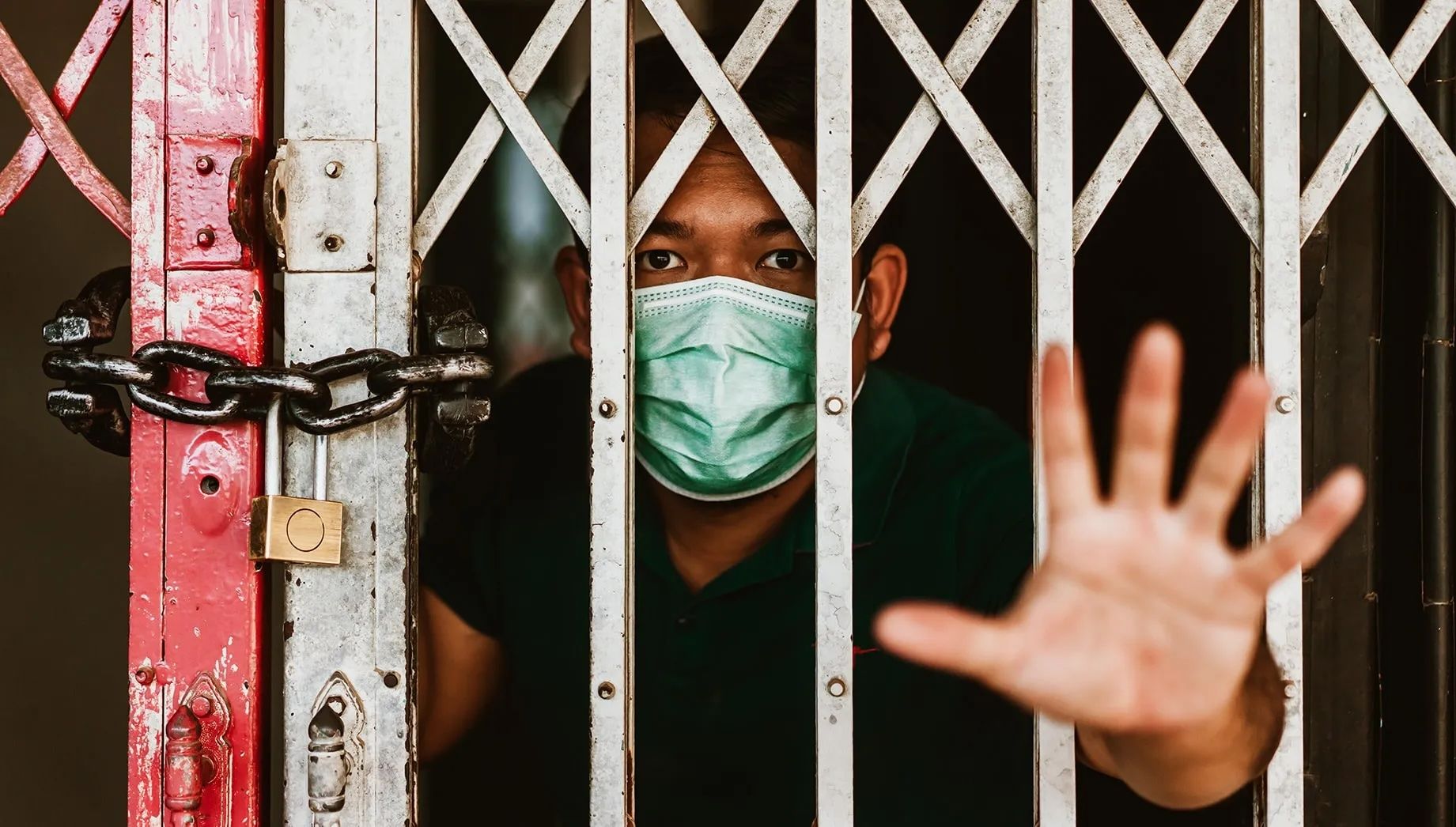
Array
(
[thumbnail] => https://s42831.pcdn.co/wp-content/uploads/2020/04/Shutterstock-Image-150x150.jpeg.optimal.jpeg
[thumbnail-width] => 150
[thumbnail-height] => 150
[medium] => https://s42831.pcdn.co/wp-content/uploads/2020/04/Shutterstock-Image-300x170.jpeg.optimal.jpeg
[medium-width] => 300
[medium-height] => 170
[medium_large] => https://s42831.pcdn.co/wp-content/uploads/2020/04/Shutterstock-Image-768x436.jpeg.optimal.jpeg
[medium_large-width] => 768
[medium_large-height] => 436
[large] => https://s42831.pcdn.co/wp-content/uploads/2020/04/Shutterstock-Image-1024x582.jpeg.optimal.jpeg
[large-width] => 1024
[large-height] => 582
[1536x1536] => https://s42831.pcdn.co/wp-content/uploads/2020/04/Shutterstock-Image-1536x873.jpeg.optimal.jpeg
[1536x1536-width] => 1536
[1536x1536-height] => 873
[2048x2048] => https://s42831.pcdn.co/wp-content/uploads/2020/04/Shutterstock-Image.jpeg.optimal.jpeg
[2048x2048-width] => 1841
[2048x2048-height] => 1046
[gform-image-choice-sm] => https://s42831.pcdn.co/wp-content/uploads/2020/04/Shutterstock-Image.jpeg.optimal.jpeg
[gform-image-choice-sm-width] => 300
[gform-image-choice-sm-height] => 170
[gform-image-choice-md] => https://s42831.pcdn.co/wp-content/uploads/2020/04/Shutterstock-Image.jpeg.optimal.jpeg
[gform-image-choice-md-width] => 400
[gform-image-choice-md-height] => 227
[gform-image-choice-lg] => https://s42831.pcdn.co/wp-content/uploads/2020/04/Shutterstock-Image.jpeg.optimal.jpeg
[gform-image-choice-lg-width] => 600
[gform-image-choice-lg-height] => 341
)
Justice in a Pandemic
- Uncategorized
As the world struggles to get a grip on the pandemic and make sense of the new social, economic, and political reality that we are suddenly in, the justice workforce finds itself on the frontline.
Governments are taking unprecedented emergency measures that place far-reaching restrictions on people’s everyday lives. Justice leaders are being asked to take on daunting responsibilities for the implementation of these measures.
People-centered justice approaches are needed more than ever and will help societies manage the institutional, social, and economic fallout from the pandemic.
The justice team at Pathfinders, together with over 50 partners from around the world, developed a first briefing on Justice in a Pandemic, with a specific focus on Justice for All in the Public Health Emergency.
The briefing includes a call to action from three eminent global justice leaders, Hina Jilani, Willy Mutunga and Jeroen Ouwehand: “We call on everyone working for justice—globally, nationally, locally; in government, civil society, community organizations or the private sector—to pull together to resolve the justice problems the pandemic is creating, to prevent injustices from occurring, and to use justice as a platform for people to play the fullest possible role in their economies and societies.”
Justice for All in the Public Health Emergency
The global emergency created by the COVID-19 pandemic has three dimensions. A public health emergency causing sickness and death around the world, which is likely to last for at least one to two years. An economic and financial crisis with massive impacts on people’s lives and livelihoods for the next five to ten years and a political, social and cultural dislocation that will transform societies in all corners of the world as well as cooperation at the regional and global level.
Focusing on the public health emergency, the COVID-19 pandemic challenges justice systems in four ways:
- Justice actors are being asked to take on daunting responsibilities as they design, implement, and enforce new measures to prevent the spread of infection.
- Draconian—and hastily enacted measures—heighten the risk of abuse and can undermine trust.
- COVID-19 poses significant risks for people in entering the justice system and will reduce the capacity of the system to function.
- The pandemic, and responses to it, increase the risk of violence and crime.
The Justice Response
People-centered justice approaches are needed now more than ever and will help societies manage the institutional, social, and economic fallout from the pandemic.
A renewed commitment to justice for all will prevent further exclusion of marginalized groups. It can strengthen our commitment to human rights, including the right to health, and our ability to provide all people with equitable access to economic opportunities, social protection, and public services.
Urgent action from justice leaders is needed to:
- Enforce emergency measures fairly, by independently scrutinizing new measures and holding political leaders to account, introducing safeguards for at-risk communities, and encouraging and supporting justice actors to work in partnership with communities and respect human rights.
- Protect people from violence, by targeting hotspots where insecurity is growing, investing in legal aid and proactive outreach to victims of abuse, and creating safe spaces for people at risk of gender-based and domestic violence.
- Make people your partners, through institutions that listen to people’s justice problems and hold political leaders to account, and by working with community leaders and grassroots actors to tackle injustices and limit the pandemic’s impact on daily life.
- Reduce demand on justice systems, by stripping down services to essentials, releasing prisoners wherever possible, ceasing to arrest people for minor offences, preventing evictions, and postponing non-urgent civil cases.
- Increase innovation and smart working, by solving cases online or over the phone instead of in court, and by supporting grassroots and other justice providers to provide their services virtually.
- Protect the justice workforce, helping them stay healthy, making them a priority for testing programs, providing them with counselling and support, protecting them from violence, and making sure they are being paid and their labor rights are respected.
- Prepare for future disease containment phases, by ensuring new surveillance and testing strategies are in line with human rights standards, monitoring their implementation, and strengthening the institutional capacity to identify and respond to emerging justice problems.
While the pandemic is already a source of growing injustice, our response to it can provide a platform for building more just societies. A renewed commitment to people-centered justice will enable societies to strengthen the foundations on which they can rebuild and recover.
National and international action
Justice leaders are central players in the effort to bring the COVID-19 pandemic under control. During this crisis, a people-centered approach to justice must be grounded in an understanding of rapidly changing justice needs, driven by a willingness to develop and implement solutions in a fast-evolving environment, and delivered by an open, inclusive, fair, and accountable justice system that works closely with health and other sectors.
To be effective, national actors will need to ensure timely access to relevant data and evidence to inform their actions, encourage innovation and rapidly scale up existing pilots, realign their financing strategies and make sure that people-centered justice is included in stimulus packages, and think creatively about how to harness the power of the diversity of actors in the justice system.
The challenges are shared by many and at the international level is critical to enhance fast learning and rapid responses to continually changing circumstances.
The health sector has demonstrated the importance of global cooperation during this crisis, as international organizations, major global partnerships and alliances, researchers, private sector and civil society networks, the media, and foundations rally to support accelerated action by national governments.
Now, more than ever, is the time for justice leaders, whether in the executive or the judiciary, in the private sector or at the community level, to reach out to each other across borders to share experiences, good practices, and capacity, to collaborate on innovation and to work together to ensure that through all the urgency of today’s challenges, we keep our focus on building just societies for the long haul.
Read the full briefing here: https://www.justice.sdg16.plus/
The briefings’ lead authors are David Steven, Maaike de Langen, Sam Muller and Mark Weston. Inputs and contributions were received from over 50 colleagues from around the world.

